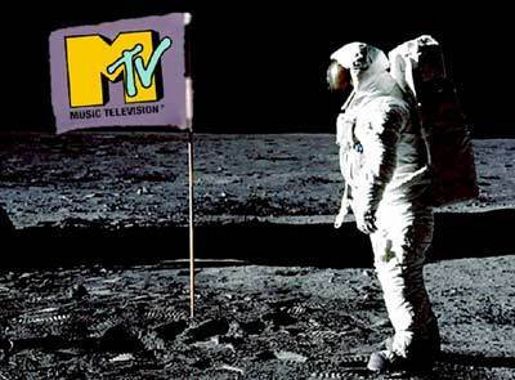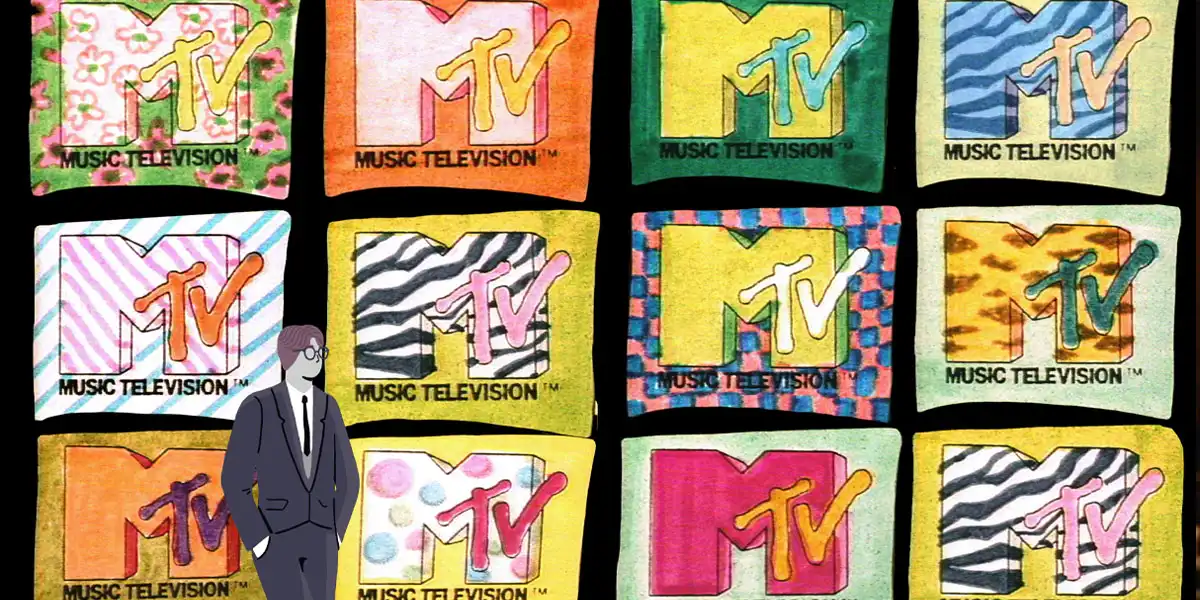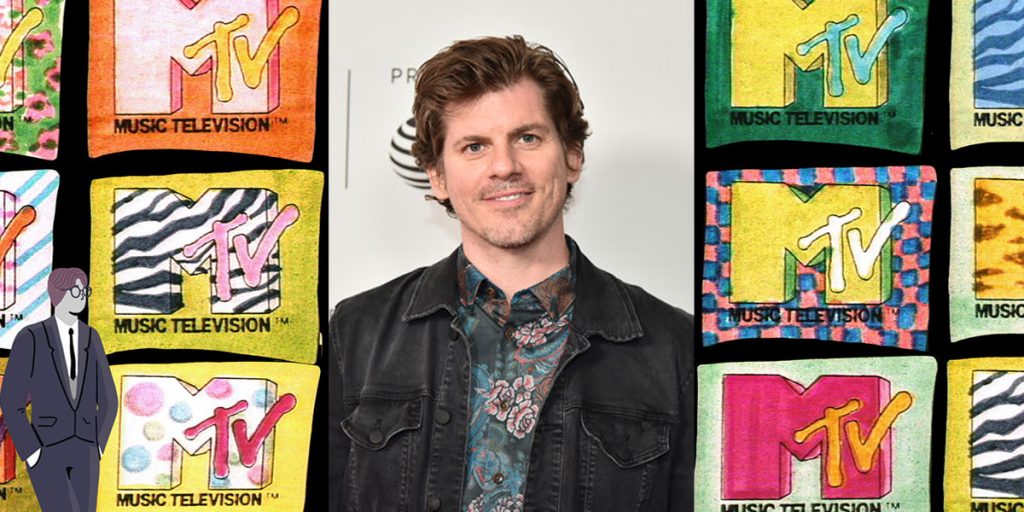I Want My MTV navigates key moments of MTV’s past by taking us on a journey through rock n’ roll history. We spoke with co-director Patrick Waldrop at the Glasgow Film Festival: here’s what he told us.
Both wonderfully nostalgic and incredibly entertaining, I Want My MTV is a documentary you don’t want to miss. Not only is it filled with content, anecdotes and interviews with the musical legends who witnessed MTV’s history firsthand, but it is also an important reflection on music, freedom and creativity. It will take you back to a specific time in rock n’ roll history and make you experience it with such heart that you’ll remember it long after the credits roll.
We spoke with co-director/writer/producer Patrick Waldrom at the Glasgow Film Festival, where I Want My MTV premiered on 29th February. Here’s what he told us on the inspiration behind the film, the importance of music videos and more.

I Want My MTV: MTV as the “Roman roads of global media”
What made you want to tell this story and why did you decide to tell it at this specific moment in time?
Patrick Waldrom: MTV was my childhood obsession, and I’m one of those people who never stopped watching music videos, however I could find them. The moment of inspiration on this actually requires a brief history lesson on technology. I was at UC Berkeley studying the moral philosophy of tech development. A basic history of how tech tends to work over time is that early decisions shape all future decisions. The prime example is that many of the design features of space travel today were decided by the designers of the Roman roads a thousand years ago. The Roman roads were built to the width of two horse rear ends, then rail roads were built over the top of Roman roads, and space shuttle must travel by rail, so a space shuttle is still the width of two horse rear ends.
So what does this have to do with MTV ? Well, the light bulb going off for me was the realization that MTV is the Roman roads of global media, or the global village, as McCluhan called it. Once I had that thought, it became a compulsion to get this documentary made. I partnered with Tyler [Measom] in the summer of 2014, after seeing An Honest Liar, an excellent doc he’d co-directed.
One of the ways in which MTV is described in I Want My MTV is as something that gave young people a sense of community. There is a quote I really liked – “every kid could now be cool by watching television”: I think it describes the effect MTV had on young people really well.
Patrick Waldrom: For me, the visual element of music videos brought a greater level of poetry and curiosity to music, which was already a love of mine when I discovered MTV, aged five. I think it’s because people already know and love the cinematic language, and, with music videos, anything is possible and nothing is required. The format is pure and it’s all as subconscious as a dream, so it works for everyone to some degree. That’s why it travelled the world and across cultures so easily.
How do you think the change in how we watch music videos nowadays has altered young people’s perception and interaction with music?
Patrick Waldrom: Today, I think young people don’t look at music videos as innovative or new. Even when there is a fresh one, it’s more about the statement or the style employed. I think now we’re in a particularly great time for music videos, which we show at the end of our movie.
Shooting I Want My MTV: Interviews, Music Videos and Story Beats
There is so much content in I Want My MTV! How long did it take you to make the movie and how much material did you have before editing it?
Patrick Waldrom: It was 4.5 years of production and we’re still waiting for a release date, so we’re still sort of in it. We had already conducted around 20 interviews when A&E came on board and paired us with a talent exec., Leah Horowitz, who deserves a lot of credit. When she came on board, we interviewed a lot more pop stars and added about 30 more interviews. We were editing and shooting interviews at the same time for about 18 months.
You managed to interview so many people and to look at many key moments of MTV’s history. How did you decide on which artists to interview and how challenging was it to get them to take part in the project?
Deciding who to interview on the pop star front was a mix of who was available to us, and who could speak to certain elements of the story we were telling. We knew what our story beats were, and that someone would have to speak about each. For example, the Second British Invasion is a well-known story beat, so we got Sting and Billy Idol to speak. Then we needed DMC to speak to hip hop, Dee Snider and Bret Michaels to talk about hair rock, Pat Benatar to talk about being a pop diva, and so on. That way we could cover all the topics from an insider perspective, and have awesome people with pretty faces in our movie. The founding executives were actually tougher to get than the musicians.
What’s your favourite music video?
Patrick Waldrom: This is so hard! And there are a few I have answered with, but I’ll say “Don’t Come Around Here No More”, the Tom Petty video directed by Jeff Stein. It’s so surreal and visceral. I could feel my curiosity expand as a child and I love revisiting it every time I do.
I Want My MTV’s Release and Patrick’s Future Projects
What’s next for I Want My MTV?
Patrick Waldrom: We don’t have a release date yet for the film. A&E bought the global rights, so the ball is in their court. We’ll let you know when we do!
Can you tell us about your future projects?
Patrick Waldrom: I’m working on documentary, and scripted projects, and being a Dad whose partner is an overworked attorney. That’s me. Tyler [Measom] is doing a doc series with Jared Hess of Napoleon Dynamite fame.
I Want My MTV premiered at the Glasgow Film Festival on 29th February 2020, and it will be released by A&E Networks.

 loudandclearreviews.com
loudandclearreviews.com
